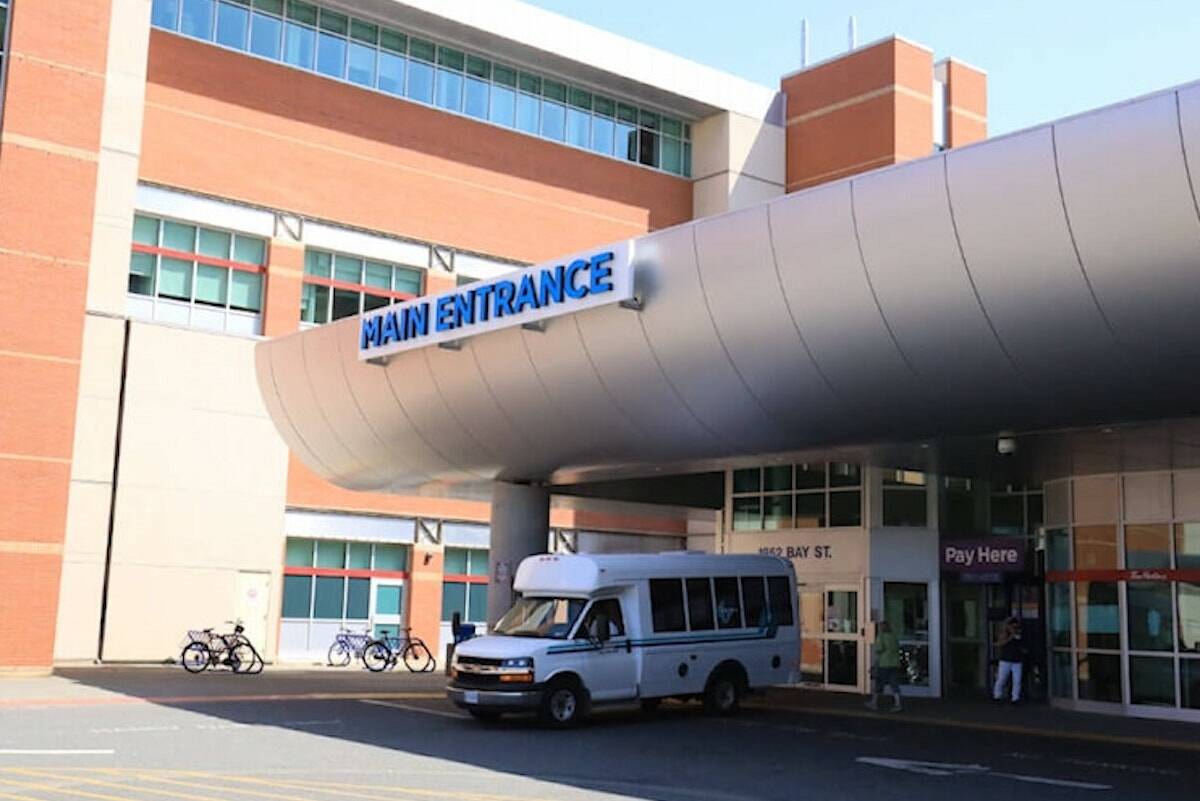Health Minister Adrian Dix Monday (April 8) announced a task force to help create province-wide standards in response to rising reports of illicit substances being used in hospitals.
But a leading opposition voice questions the need for such task force, calling for tougher enforcement of existing rules.
The announcement of a task force comes amidst growing reports of health-care workers observing and suffering exposure to the harmful effects of illicit substance, with BC United blaming decriminalization.
Dix prefaced the announcement of the task force with the point that all health authorities “essentially” prohibit weapons and the use of illicit substances, but also acknowledged “differences” across them.
“As a practical matter, we want to ensure everyone knows what the rules are … and that we will be continuing to take steps to ensure that people are protected in our public hospitals and we will have some details on all of that,” Dix said.
He had said during Question Period that government had started working on improving security a year ago.
“(My) priority is the safety of patients, of people visiting the hospital, of nurses, of health sciences professionals, of health care workers,” Dix said. “It’s why we’ve taken specific action with all of the representatives of those unions and of the doctors of B.C. to increase the level of security.”
BC United’s Elenore Sturko, MLA for Surrey-South, said the problem is not the non-existence of rules, but their enforcement.
“So putting a task force in place to reinforce rules that they are not enforcing will do nothing,” she said. “The fact of the matter is that people are continuing to use illicit drugs inside the hospital, placing other people at risk.”
RELATED: Leaked memo sparks heated debate about drug use in northern B.C. hospitals
Recent days have seen a series of reports about illicit substances being openly consumed and sold in hospital with nurses having documented such incidents across the province. That includes Vancouver’s St. Paul’s Hospital, where the government last December had announced a pilot project titled Road to Recovery.
“Let me remind the minister that even under decriminalization, drug trafficking in British Columbia is illegal,” Sturko said, in reference to reports of drug dealing taking place on a hospital rooftop patio. “How on earth does this government expect people to get better when they are surrounded by illicit drug use and predatory drug dealers in the hospital?”
Perhaps the best-documented evidence comes from a 2023 WorkSafeBC investigation at Campbell River General Hospital, Victoria General Hospital and Royal Jubilee Hospital in the jurisdiction of Island Health.
Not only did Island Health fail to train and educate staff about policies and procedures designed to mitigate exposures to illicit substances, the investigation also revealed “several symptomatic worker exposures to illicit substances.”
A statement from Island Health acknowledged these exposures, but also pointed out, that the health authority has completed all the necessary measures identified in the investigation.
“Ensuring the safety of our staff, medical staff, patients and visitors is a top priority for Island Health,” it reads. “We are also committed to ensuring all people are treated with respect and dignity and patients who use substances receive equitable and accessible care that is free from stigma and judgement.”

